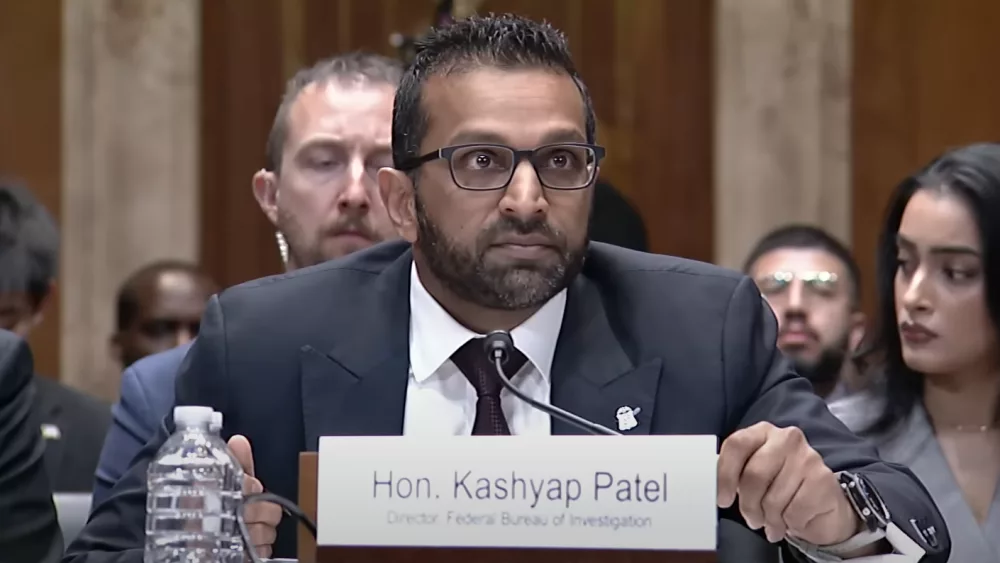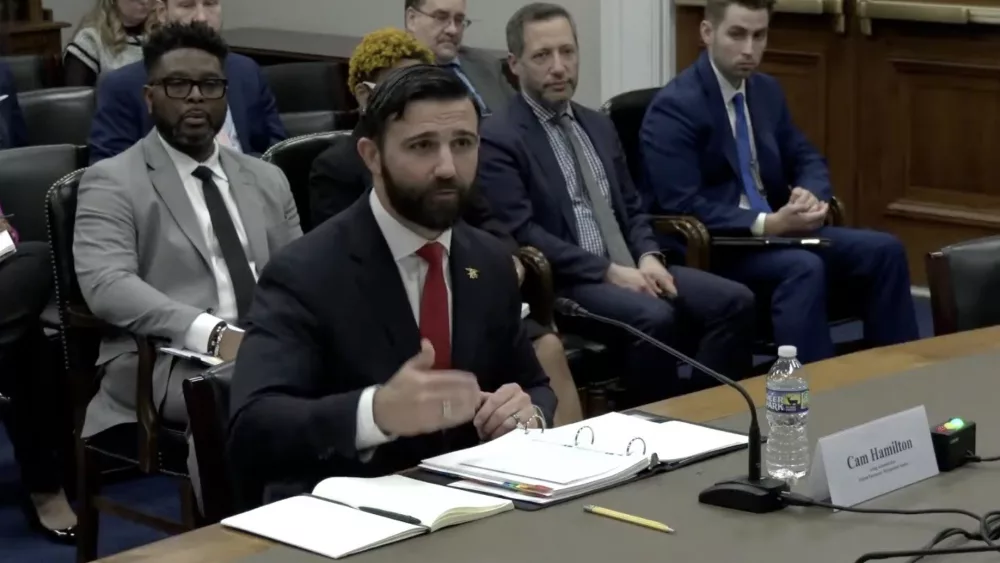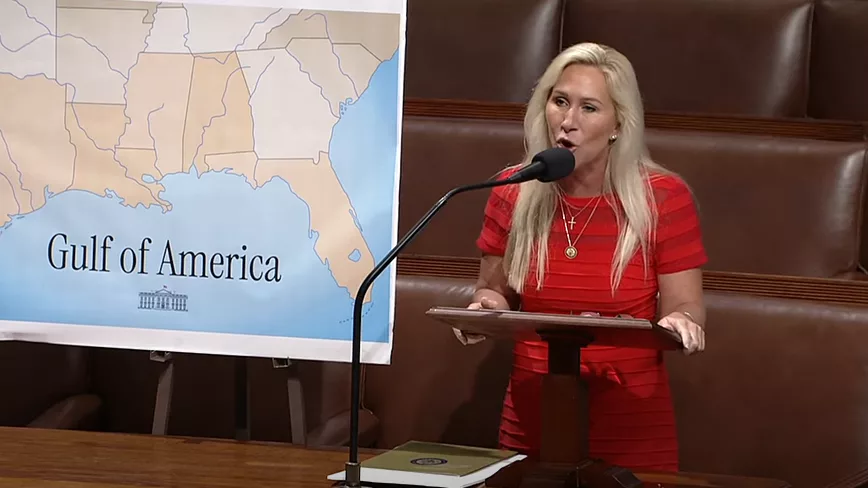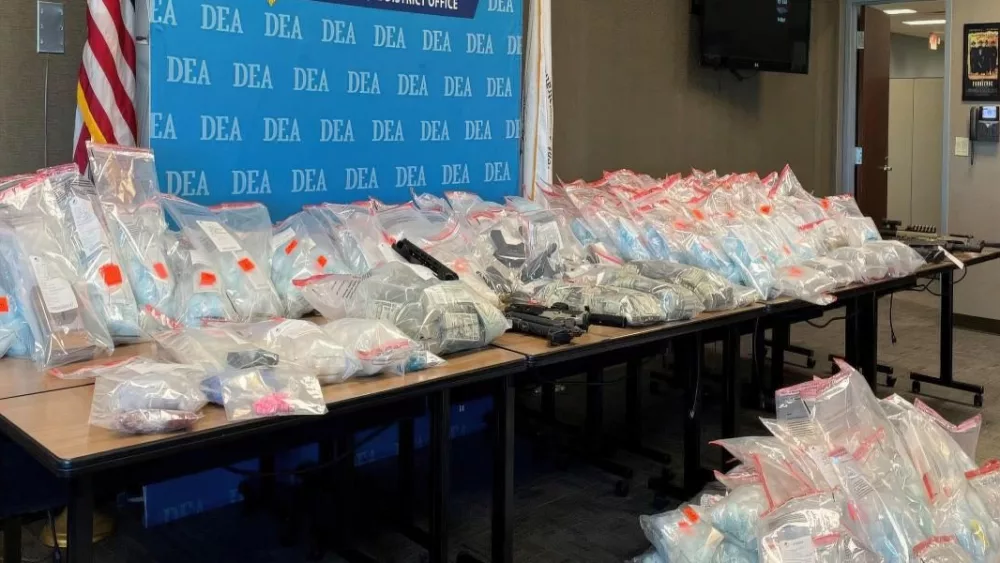(The Center Square) – A new federal regulation on healthcare price transparency could cost employers in Washington state and around the nation $100 a day if they don’t comply. Yet many Washington industry groups say they aren’t even aware the rule exists.
That includes the Association of Washington Business, or AWB. Communications Director Jason Hagey told The Center Square the group is “more heavily focused on the state level (regulations) than the federal level.” AWB has 7,000 members that employ 700,000 workers.
Also unaware of the new rule was the Washington Food Industry Association, according to President and CEO Tammie Hendrick. The association’s members employ more than 23,000 workers.
Washington Retail Association Senior Vice President of Policy & Government Affairs Mark Johnson told The Center Square that his group was also unaware of the rule.
The new requirement is the product of Trump administration efforts to make health care prices more transparent. It was encouraged to do so by Talon President and CEO Mark Galvin, who told The Center Square that the cost of medical services can range widely depending on the provider and whether they’re in-network or out-of-network for a specific plan.
Founded nine years ago, Galvin’s Talon provides users with a variety of software services, including a smartphone app allowing users to compare health insurance plans.
After a 2018 meeting between Galvin and President Donald Trump’s Domestic Policy Council, a new rule was enacted through the Affordable Care Act and was later codified and expanded upon in the 2020 No Surprises Act.
Galvin told The Center Square that he saw the Trump administration’s effort as a “rare opportunity to try and solve this problem.” He was also surprised to see that the Biden administration didn’t move to scrap the rule in progress.
The main reason for the lack of transparency on medical bills is that healthcare costs aren’t disclosed typically until the patient is billed for services, Galvin argued. Legally, health providers don’t have to disclose them prior to treatment.
Under the new regulation, health insurance carriers have to have publicly disclose their in-network negotiated rates or the actual price versus “official” or retail price, along with other information via an online tool.
The switch, Galvin said, brought the industry from “zero transparency to 100% transparency and allowed consumers that care to be able to find the prices. We got a huge success here. Federal government did something really worthwhile for consumers can get the information they need. Industry was effectively screwing over consumers.”
“100% transparency” in theory.
The catch: The rule places the burden of enforcement on employers who offer health insurance to their employees and face a fine if they don’t provide transparency. Aside from successfully getting their health insurance carrier to comply, the only other available option is to switch carriers.
Fines of $100 a day per business for noncompliance, or $36,500 a year, may provide a financial spur for businesses to insist on this from their insurance providers in the long term.
“We have no way to force carriers to publish their negotiated rates, because it’s a private business,” Galvin explained. “They have a First Amendment right to keep it secret,” though perhaps a financial incentive to open up.
The rule took effect in January. All covered healthcare items like prescription drugs must be part of the carrier’s online transparency tool for plan years that begin on or after January 2024.
It may take a while for the fines to start being imposed, however, as it’s not clear which federal bureaucracy gets to issue the fines.
The rule involves three agencies: the Department of Health and Human Services, the Department of Labor, and the Department of the Treasury. It has yet to be decided which one will ask businesses to pay up.





